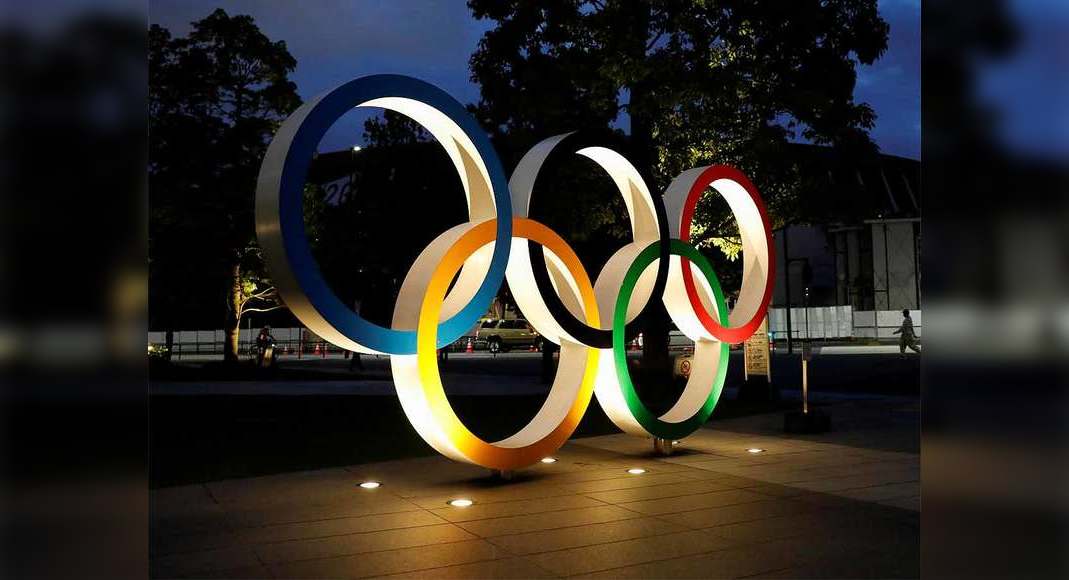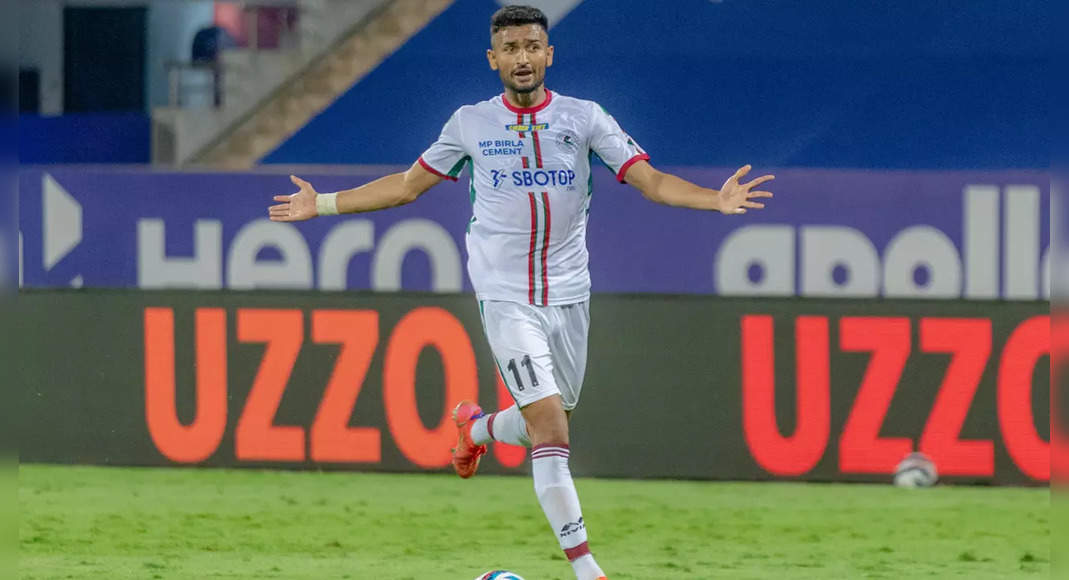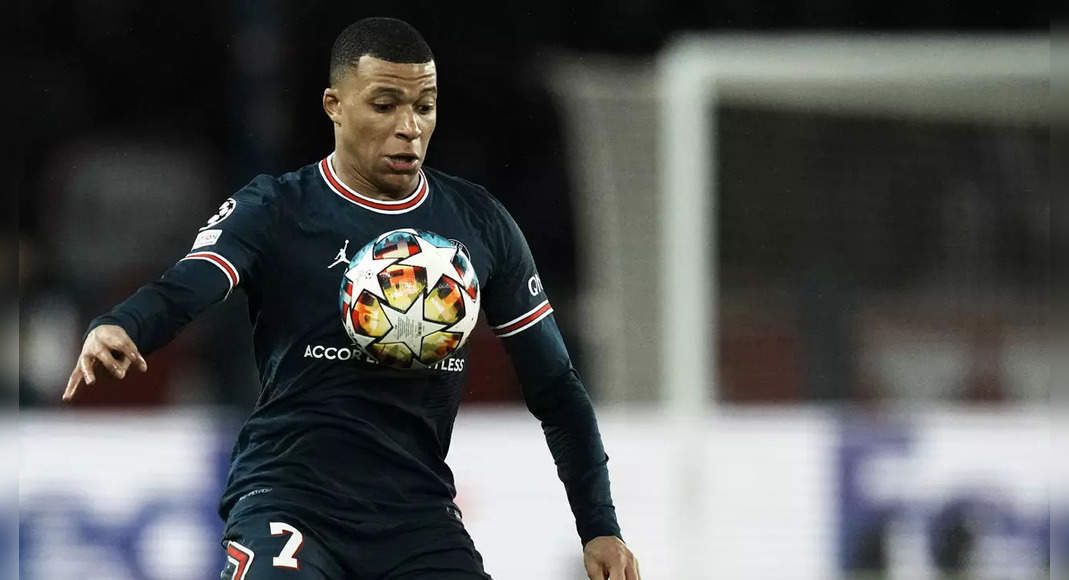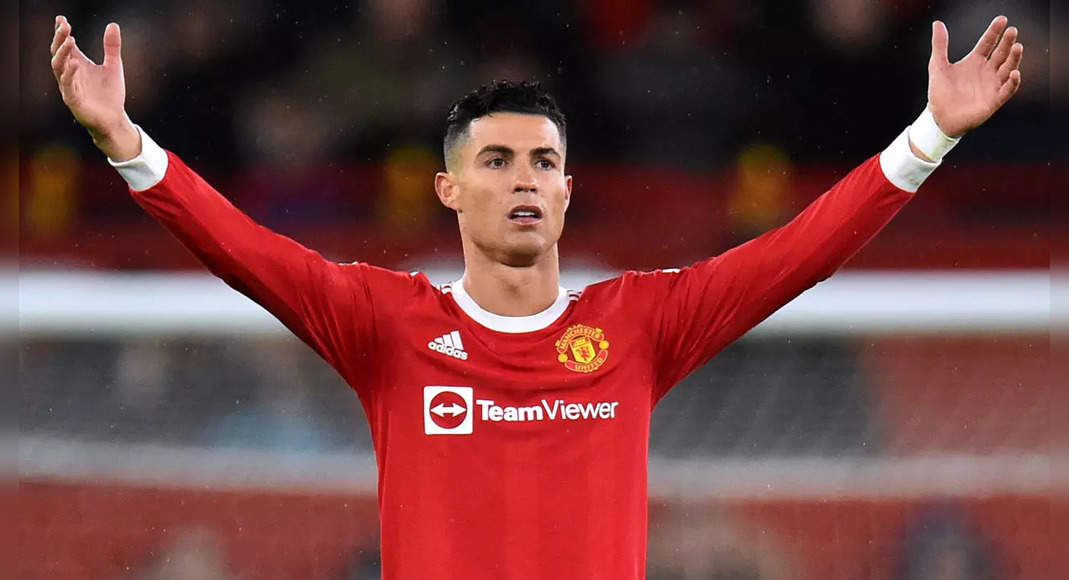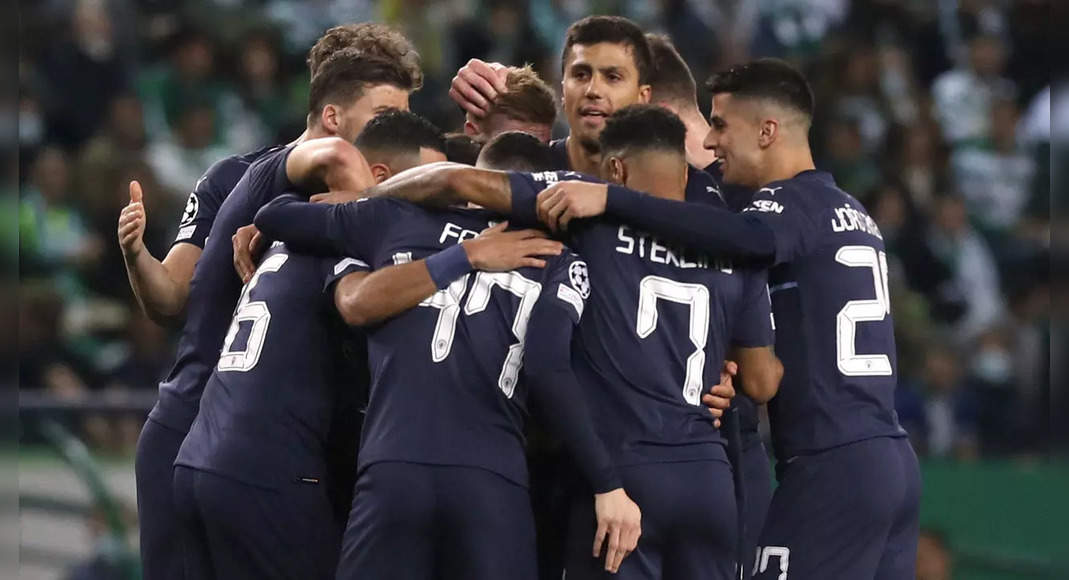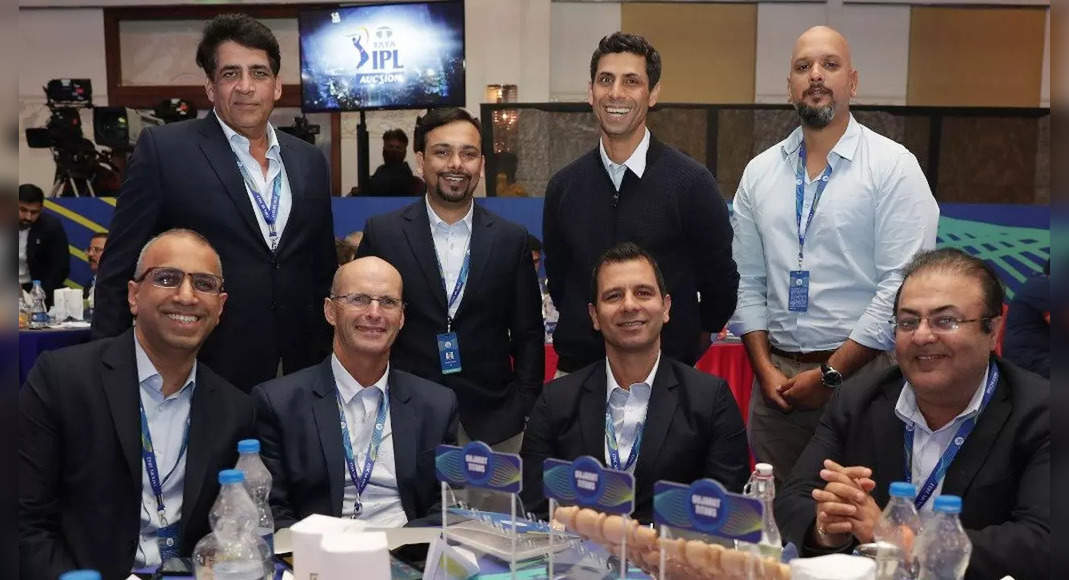Only 96 & 72 hours test reports prior departure need to be uploadedNEW DELHI: Indian athletes travelling to Tokyo for the Olympics will only need to upload Covid-19 negative RT-PCR test reports for 96 hours and 72 hours prior to their departure from here for the Games, the delegation’s deputy chef-de-mission, Dr Prem Verma, told TOI on Thursday.
These two reports have to be obtained from the accredited diagnostic centres and uploaded in an approved format as directed by the Games’ Organising Committee (OC).
These accredited labs have been suggested by the OC in its Tokyo 2020 Playbook and are linked to embassy and consular offices of the Embassy of Japan in India.
For the rest of the days, the athletes and coaching staff aren’t required to upload a status report of their tests on the OC’s health monitoring app.
The athletes can get themselves tested at one of the Indian Olympic Association’s (IOA) identified diagnostic centres in places where they are currently based or training at the Sports Authority of India’s (SAI) regional centres.
A request for approving these labs at the earliest has been placed with the OC on Wednesday.
The athletes aren’t required to upload or carry reports of these RT-PCR tests, not even for 48 hours prior departure, but have been advised by Verma to keep a physical record with themselves.
“Earlier, it was compulsory that 14 days prior to their departure to Tokyo, the athletes had to upload daily health records on the mobile app.
Now, the uploading period has been reduced to only seven days.
This means that you’ll have to monitor your health for 14 days but need to upload data for seven days.
The Covid test report obtained for 96 hours and 72 hours prior to the departure has to be mandatorily uploaded on the health reporting app.
Once an athlete uploads, it will automatically reach the immigration office and a QR code will be generated on the athletes’ smartphone.
That QR code will be checked at the immigration when the athletes report at the airport.
After clearing the immigration, another set of questions pertaining to the Customs will have to be answered.
After answering them, another QR code will be generated.
The athletes will show it to the Customs and, if everything is clear, they will board the flight,” Verma explained.
According to Verma, a total of 13 private labs have been identified across India, apart from the ones notified by the OC for mandatory 96 hours and 72 hours of Covid testing.
“I have written an email to the OC yesterday where I have demanded approval for two more labs in Patiala, Sonepat, Delhi, Pune, Hyderabad and Kolkata and one each in Guwahati, Lucknow, Nagpur and Chennai,” informed Verma, who is also the Covid Liaison Officer (CLO) for the Indian contingent.
All these labs are accredited with the National Health Authority (NHA) and are government-recognised.
As part of the Japanese government’s Covid-control measures, the OC had identified 11 participating nations, including India, whose athletes, coaches and support staff had been asked to undergo an isolation period for three days at the Games Village, besides undertaking daily Covid-19 tests for one week prior to their departure to Tokyo and not physically interact with contingent members of other countries apart from their own for three days after checking into the Village.
Verma also informed that for athletes not carrying smart phones, there’s a separate provision of filling up the spread sheet with details of their Covid-19 testing for the last seven days prior to the departure.
“In such cases, the athletes will monitor their health for seven days and fill up the spreadsheet with their Covid-19 testing details.
They will inform the Covid liaison officer of their concerned federations who will upload the spread sheet on the web portal of the Tokyo 2020.” “There’s one more thing to add that the officials in the SAI and the IOA have discussed and requested the concerned testing labs to collect swab samples of athletes for Covid testing from places where they are staying or undergoing training.
This agreement has already been reached with most of the labs.
This way we can ensure the safety of our athletes without breaking the bio-bubble or putting them at unnecessary risk of exposure,” he added.

